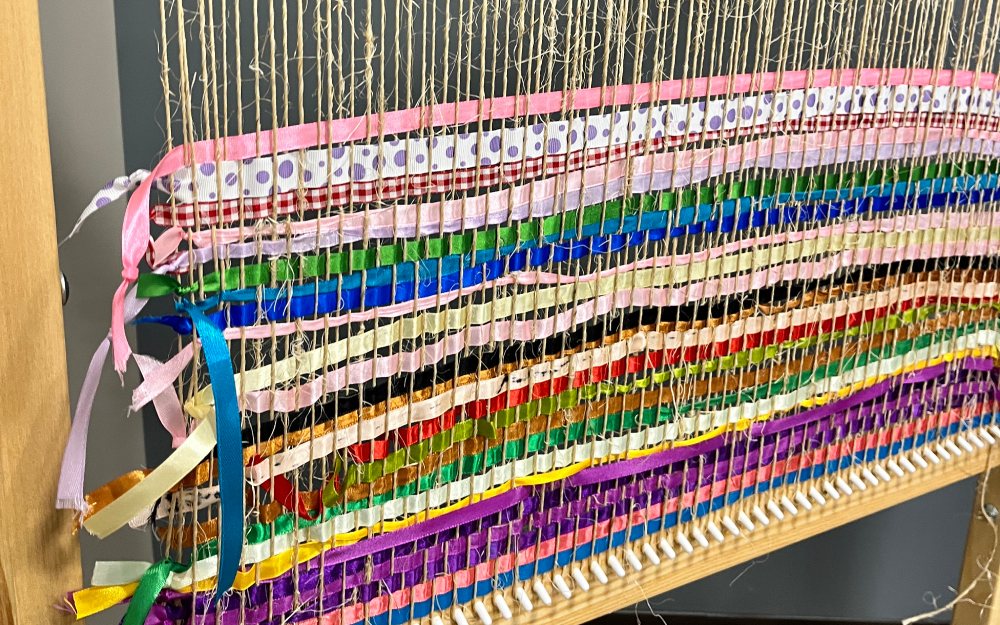
Trauma Recovery program helps change a former patient’s life
12/18/20 11:23:amBarb’s struggle with trauma began when she was only a child, growing up in a home she didn’t feel safe or loved in. Barb felt like herself for the first time in her life while in college, but says that returning to her hometown after graduating was the biggest mistake of her life. There she met her husband, who was abusive toward her.
“It was hell,” Barb said. “It just went on for 29 years. But I’m glad that I am where I am today, which is a long, long way from where I was when I was married and when I was a child.”
When Barb saw a therapist, he told her that she had PTSD stemming from her childhood. He recommended a PTSD program at Rogers and said that even though it would be the hardest work she’d ever done, if she put in the effort, she would see results. It was exactly what she needed.
Barb was at Rogers for eleven weeks and says she had the most wonderful therapist. When she was struggling with an exposure therapy, the therapist found a way to modify the exposure for her. “It just meant so much that they would work with me,” she explained. “It was always, always what was right for me.”
Barb also benefited from the support of her group, who had all been through traumas of their own. “Everyone understood where you were at,” Barb said. “It was the only time in my life I had ever been in an environment like that. I can’t say enough good things about that program.”
Jennie Lepien, a therapist who worked with Barb, shared that “Barb came to the trauma recovery program determined to build a new life for herself and learn trauma recovery skills. Her willingness to practice these skills and build tolerance for emotions that emerged in processing her trauma were essential to her progress. Additionally, her determination and trust in her team to support her through exposure work assisted her in building her new life following the trauma.”
Thanks to exposure therapy, Barb’s confidence grew and she developed skills that she could use after she was discharged. “This is my way of thanking the program,” she said, after speaking out about her story.
“Hopefully, I can encourage other people. Please, please make the call. They can change your life.”





